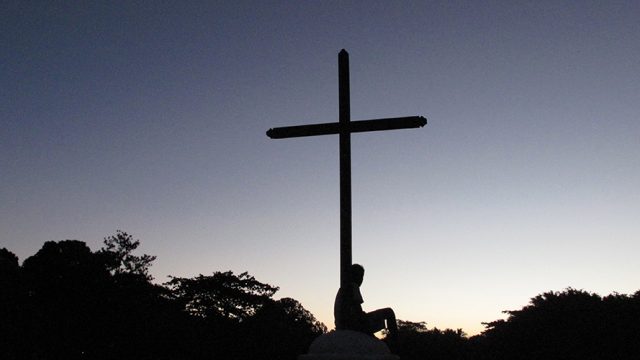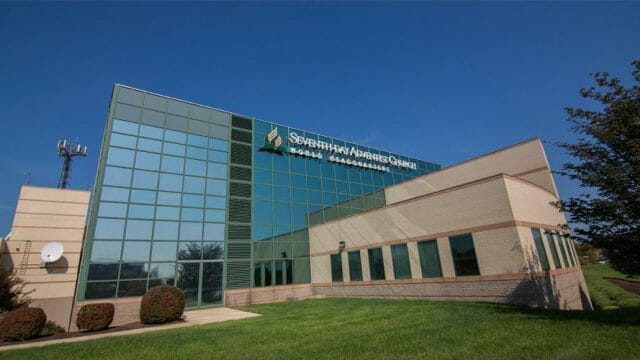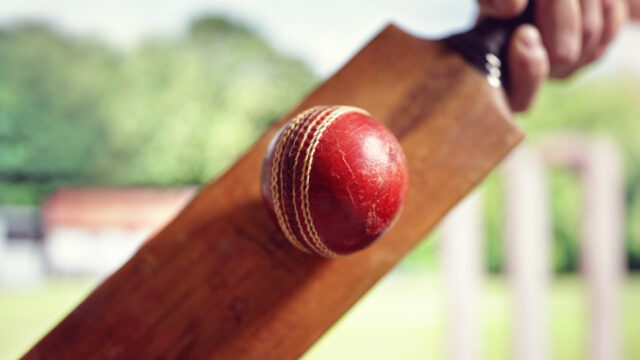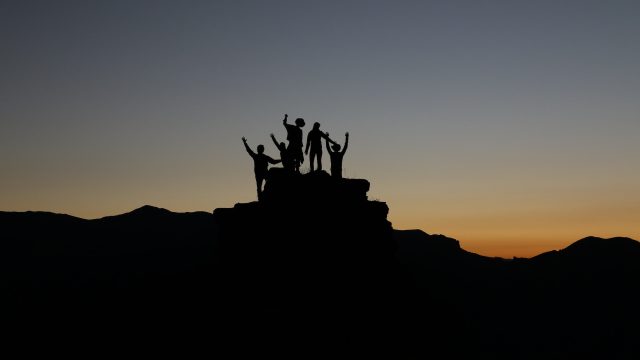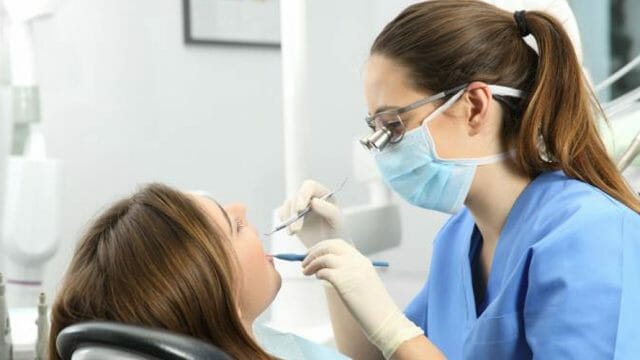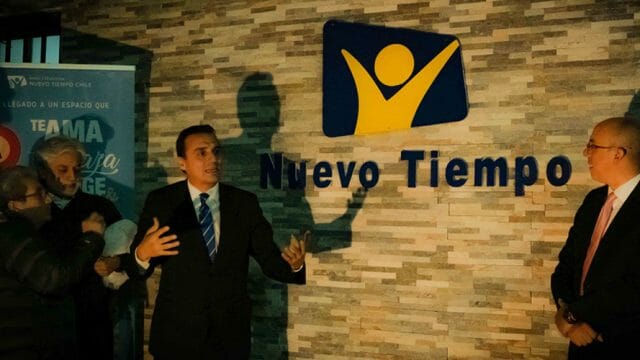Action stresses the importance of partnerships with public health officers.
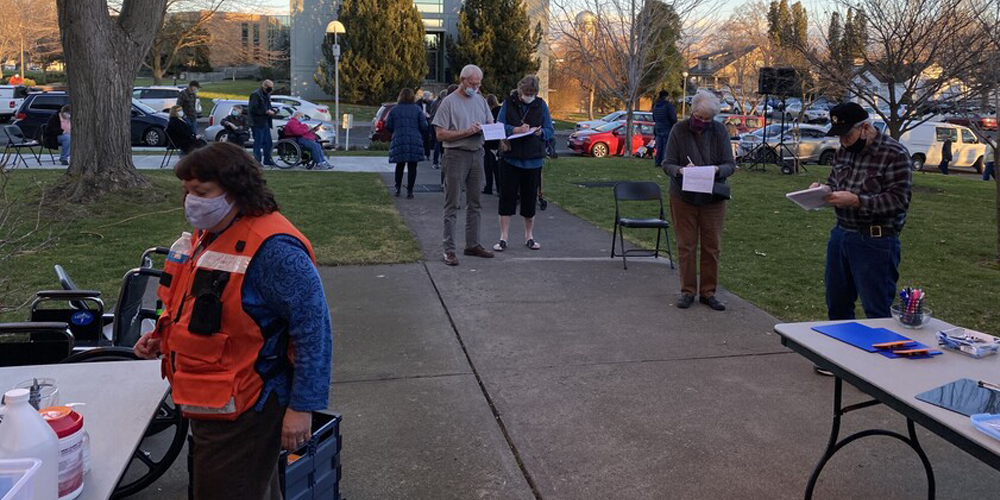
On a Monday morning, January 18, 2021, in College Place, Washington, United States, about a year into the coronavirus pandemic, “As far as the eye could see, there were cars. The mood was one of anticipation and gratitude,” Alareece Collie, executive pastor for the Walla Walla University (WWU) Church, said.
While most of the world’s population has suffered from social isolation, unease, and painful losses during the past year, it was the promise of hope that brought the Walla Walla Valley community together.
“I was contacted Sunday night by Rebecca Betts from Providence Population Health to ask if the church would host a COVID-19 vaccination clinic,” Collie said. “The pastors deliberated, and it was a unanimous decision that we would love to support the community by opening our facility.”
With less than 24 hours until the clinic would begin, Collie went to work with Providence St. Mary Medical Center as the point person to plan how the vaccination process would unfold at the church. Her first call was to head deacon Clint Streifling, and they agreed to meet early Monday morning with member care pastor Jaci Cress Solís to start setting up. From that point, the crew of volunteers grew. Pastors and deacons set up tables and chairs, Walla Walla University campus security set up barricades for traffic flow, and the WWU team of chaplains helped with other logistics.
Providence and the Walla Walla County Department of Community Health provided medical expertise and most of the volunteer support. “The church was honored to be able to collaborate with such competent and compassionate professionals,” Collie said.
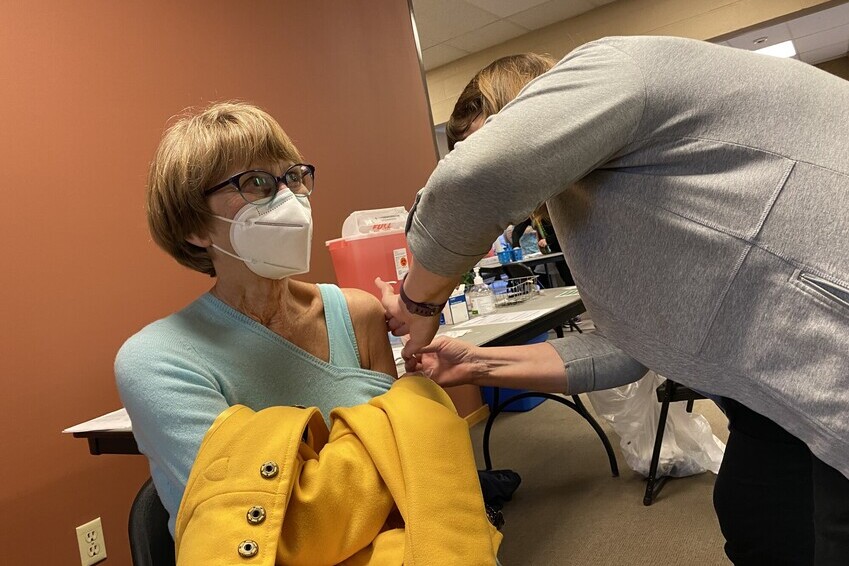
As the event continued to take shape in Collie’s mind, she called on help from WWU media service manager Chris Drake early Monday morning to set up a low-power radio station that would allow health officials to communicate with people in nearby parking lots via their car radios and would provide for social distancing. Mary Crawford from Providence provided information over the radio.
While Washington State had moved into vaccination phase B1 in the Walla Walla area — which called for vaccinating individuals who are 65 years and older and those who are 50 years and older living in multigenerational households — with little time to notify the community about the vaccination clinic, there was no way to know how many would show up.
The crew didn’t have to wait long to gauge community interest. “Some people arrived at 8:00 a.m., and the lines of cars continued to grow,” Collie said. “People wanted to be sure that they could get a vaccine. The old Rogers School field was almost full of cars; the streets were full, and so was the WWU gymnasium parking lot.”
As people arrived, they were given a number on an index card and a slip of paper with the radio station frequency. They were then asked to wait in their car until they heard their number on the radio. The numbers controlled the flow of people into the building and allowed health-care workers to administer the shots to keep track of how many people were served and how many vaccines were left.
“We eventually asked WWU technical support services director Karl Thompson to set up a speaker outside that was connected to the radio station because some people’s car radio wasn’t working or they had walked and didn’t have access to a radio,” Collie said. “As evening came, it started to get a bit cold. Outreach and discipleship pastor Troy Fitzgerald called WWU facility services director George Bennett about heat and lights. George came over in no time and helped set up heat towers that belong to the university.”
While vaccinations were given in the small lobby near the south entrance to the church, the larger main lobby was set up as an observation area where those receiving the vaccine waited for 15 minutes — with masks and appropriate social distance — to make sure they did not have an adverse reaction to the vaccine. Once they were cleared, they exited on the opposite side of the building.
“It was pretty incredible to watch people go through the process,” Drake said. “There are a lot of elderly people in our community, and there was some uncertainty, but it was fun to watch members of the community work. There was an incredible outpouring of support.”
More than 907 residents of the Walla Walla Valley were vaccinated at the clinic between 2:00 and 7:00 p.m. The medical teams stayed until they had served everyone who was given a number.
Organizers reported that they continue to receive messages of gratitude from people who attended the vaccination clinic from across the valley. “[People] were truly appreciative to find hope and feel the warmth of a loving community in action,” they said.
The original version of this story was posted on the Walla Walla University news site.


